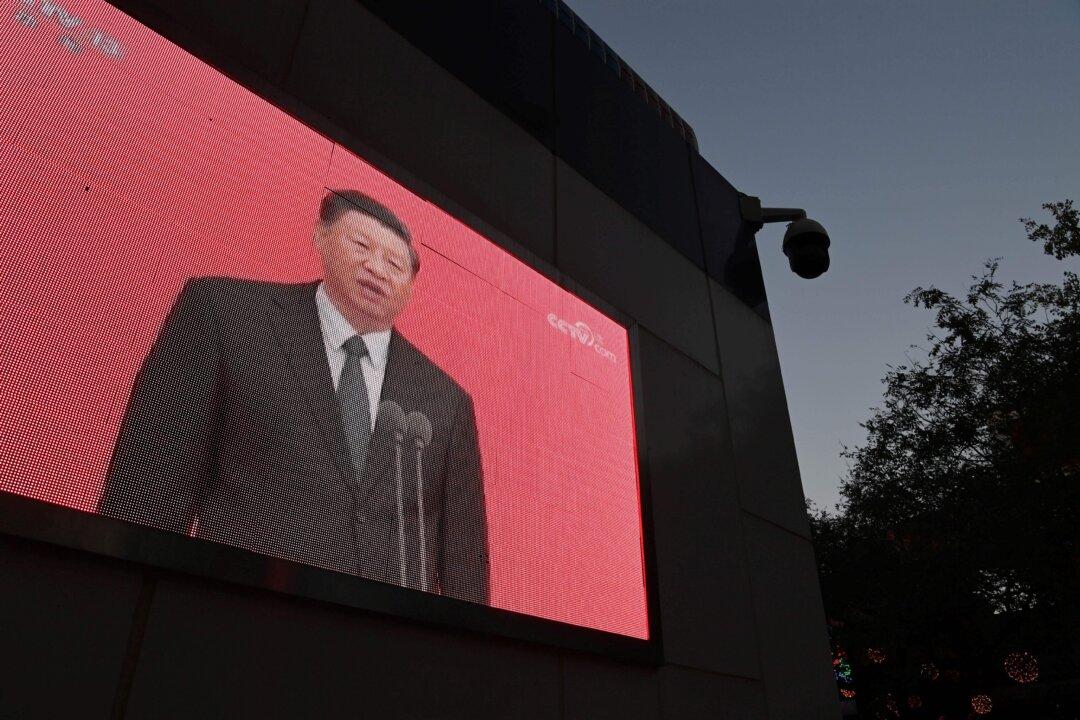The U.S. State Department recently issued a paper outlining China’s threats to the international order and how to combat them.
In a 74-page report, the Office of Policy Planning at the State Department examines how the Chinese Communist Party’s (CCP) global ambitions have triggered a new era of great-power competition.





